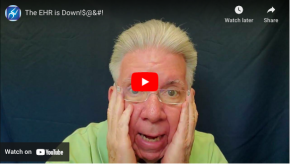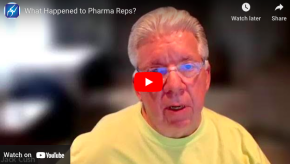Blogs
Chào: (Vietnamese: Goodbye/Hello)
One of the first words I was taught by my parents was “chào”. In Vietnamese, you say chào and bow when you greet someone or when you leave as a sign of respect. In my first blog about self-discovery, I detailed the burnout and why I left clinical practice. In this second blog of the trilogy, I wanted to share encounters with patients as I told them goodbye. While I received great advice when I started practice, no one ever talks about how hard it is to leave.Karoshi - {Japanese 過労死: Death by Being Overworked}
Over the last few decades, Japanese workers were collapsing dead at their desks or committing suicide due to the high stress stemming from their jobs; Japan coined this phenomenon, “Karoshi.” In 2021, the World Health Organization and International Labour Organization issued a warning: working 55+ hours a week is a serious health hazard and increases the risk for death from heart disease and stroke. But since the pandemic, I see many colleagues working hard at the expense of their health, family life, mental and emotional well-being. I never thought I would be burned out because I had passion for my job.Teaching and Academic Burnout
RheumNow recently highlighted a publication that reported about a third of physicians in academia intend to leave. To our colleagues in non-academic situations, this may seem incredibly high. I think an important contributor to the intention to leave academics is that something that used to be a benefit has now become a challenge: namely, teaching.Choice Overload (and the Way Out)
I recently overheard a very good practicing rheumatologist complain, “why do I need yet another drug for psoriatic arthritis? I have more treatment choices than I have actual PsA patients who need a new or better drug”.
What Happened to the Pharma Reps?
Dr. Jack Cush weighs in on changes in pharmaceutical "detailing" with suggestions for the future.














